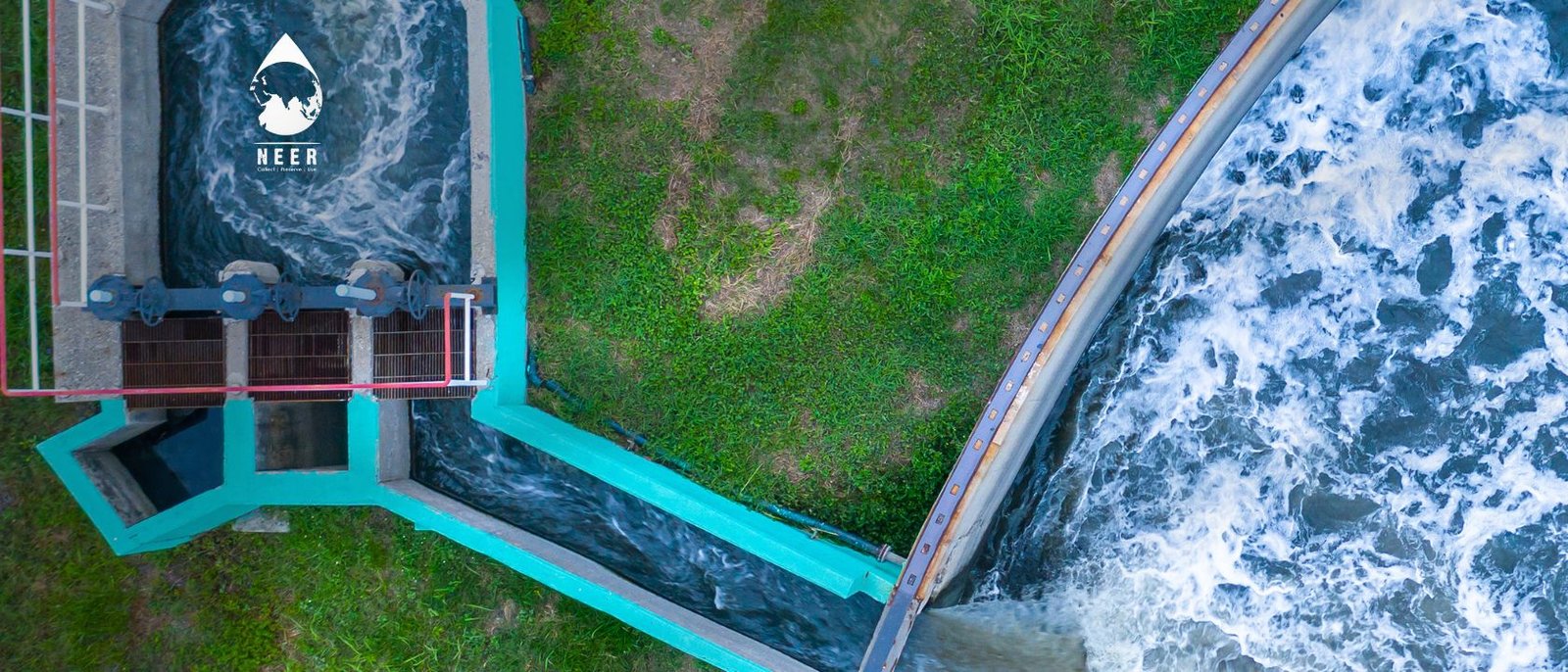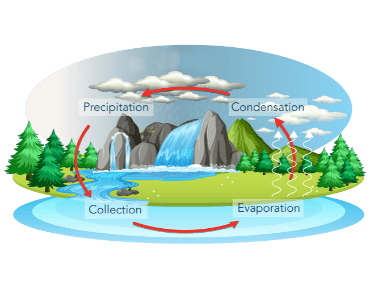
How India’s Infrastructure Projects Are Transforming Urban Living
By building more sustainable, efficient, and livable cities, India’s infrastructure projects are transforming metropolitan living. Initiatives such as the Smart Cities Mission, metro extensions, and renewable energy integration are modernizing transportation, enhancing public services, and lowering environmental effects. By tackling issues such as transportation congestion, pollution, and overpopulation, these programs hope to produce smarter, more linked metropolitan areas. Important infrastructure projects are shaping India’s metropolitan landscape in the following ways:
1. technologically integrated smart cities
The Smart Cities Mission is one major project aimed at improving Indian cities’ livability by including technology in infrastructure and government. This initiative covers better public services, smarter traffic systems, and trash management. The objective is to build cities that better meet the demands of their citizens while advancing sustainability and improving resource control.
2. Public Transportation Expansion Metro
Expanding metro systems in cities such as Delhi, Mumbai, and Bangalore has changed people’s travel patterns. These public transportation initiatives are alleviating traffic congestion, reducing carbon emissions, and enhancing the speed and efficiency of commuting. Reducing metropolitan areas’ environmental impact and improving connections depend on cleaner, more dependable public transit options.
3. Low-cost housing initiatives
Urbanization leads to a demand for more reasonably priced homes. Government initiatives such as Pradhan Mantri Awas Yojana (PMAY) seek to offer everyone reasonably priced accommodation. These low-cost, sustainable dwellings with access to clean water and sanitation services not only help to meet the housing demand but also enhance living circumstances.
4. Energy, Renewables, and Sustainability
Although urban areas are significant energy consumers, India’s emphasis on renewable energy sources such as solar and wind helps cities lower their carbon footprints. By reducing reliance on non-renewable energy sources, rooftop solar projects and solar parks included in urban designs help to make cities more sustainable.

5. Sanitation and water infrastructure
Projects meant to enhance city sanitation and water management are greatly helping to change urban living. Effective water recycling programs, rainfall collection, and groundwater management efforts are addressing cities’ water scarcity. NEER, for example, guarantees enough water supply in metropolitan areas for sustainable groundwater management.
6. Digital connectivity
Expanding digital infrastructure helps to close the digital divide, especially in underdeveloped metropolitan regions, thanks to initiatives like BharatNet. High-speed internet connectivity empowers communities, advances e-governance, and allows access to education, healthcare, and economic opportunities via digital platforms.
Eventually
India’s infrastructure projects are changing urban living. These initiatives are changing how people live and work with improvements in public transportation, affordable housing, renewable energy, and internet connectivity, thereby producing inclusive urban areas for the future.
ABOUT NEER
NEER has been established as an Independent Ground Water Management Consultancy Organization with the full support of the Senior Hydro-geologist of the country Mr. M. MEHTA, Ex-Commissioner Ground Water, Ministry of Water Resources, Government of India.
NEER is an Accredited Consultant by the Central Ground Water Authority (CGWA) for the preparation of Ground Water withdrawal Impact Assessment report in accordance with the Guidelines issued vide notification No. 3289(E) dt: 24th September 2020 by CGWA duly followed by other States. NEER is also empaneled, registered and notified Consultant for Rainwater Harvesting designing and implementation by the U.P. government.
AIMS AND OBJECTIVES:
NEER has joined in this endeavor to provide clean water to masses around the year, propagating for conservation and preservation of water including Rainwater Harvesting and Artificial Recharge to groundwater. This is being a part of the water management process to fulfill the dreams of NEER, “Water should be Conserved and Wastage Prevented” and “Everybody should get the needed water being the crux of Life”.
NEER EXPERIENCE:
NEER is working in the field of groundwater management, intending to provide robust consultancy services to Government Departments, Firms, Companies – Private and Public Sector, Institutions, on the Assessment and Management of Water, Environment, and Pollution Control.) Industries, Infrastructures and Mining Projects to meet their water supply requirements as per existing protocols. It also aims at capacity building of stakeholders in Groundwater Investigations and its Management.
We work on NO-COMPROMISE POLICY. Our team members have conducted studies on Environment and Water Management throughout the country and abroad.
NEER has already executed many applied Research and Implementation Projects. Timeliness and Client satisfaction are the essences of this organization’s consultancy philosophy.
NEER APPROACH:
NEER has multi-disciplinary human resources for providing on-site solutions for all groundwater problems. It includes training on Groundwater issues through a well-developed curriculum by Scientists and Trainers.
The Research and Consultancy assignments are being carried out by experts in different fields with long and wide-ranging experience. NEER is also drawing on the expertise in relevant subject matters from the experts of Academic and Research Institutions of National and International repute. Follow us on Facebook & Instagram.


